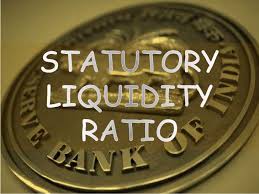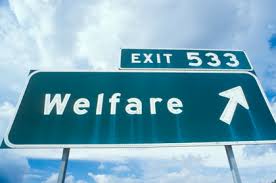The RBI (Reserve Bank of India) is responsible for controlling economic disasters like inflation and recession, which it does through affecting the money supply in the economy. It influences the bank rate, CRR (cash reserve ratio), SLR (statutory liquidity ratio), repo rate, reverse repo rate and open market operations. Increasing the bank rate, CRR, SLR, repo rate and reverse repo rate would reduce the aggregate demand, decreasing the money supply and hence inflation. Selling government bonds in the public will follow the same sequence. The reverse actions would lead to opposite results.
Basically what happens when high inflation exists in the economy is that aggregate demand is high due to large money supply in the economy. The aggregate supply falls short and therefore, prices tend to rise. Taking quantitative measures by RBI would bring the situation under control. But this implies that it would also reduce investments due to increased cost of loans, affecting the economic growth. To cater to the downward trend in economic growth, the authorities must take measures that enhance the condition of the economy. Therefore, such a cyclic behavior leads to cyclicality in the economic activities, generally referred to as business cycle. A period of boom occurs when there are large investments and profits while depression is a dull period of low investments and high economic vulnerability.
In the context of recent (April,2015) Monetary Policy , while the situation on the price front was favorable, therefore, the RBI was expected to reduce the repo rate for wholesale price index based inflation and retail inflation/consumer price index based inflation has continued to witness a favorable situation. However, the unseasonal rains have affected the agricultural situation adversely with an apprehension that the prices of food articles and vegetables etc are likely to witness a rise in future. It is now expected that in June 2015, in case the situation does not deteriorate, the RBI will hopefully reduce the repo rate at least by 25 basis points.
Click here for government certification in Accounting, Banking & Finance





28 Comments. Leave new
Thanks for an amazing article. It was very informative!
Thanks 🙂
Very well explained !
Thank you so much 🙂
Keep it up. The article explains the business cycle very well.
Thanks Arpita 🙂
Well detailed.
Thanks for going through it !
Reminds me of my previous clssses with all new dimension to the topic 🙂
haha Thats great!
gaining interests after this one… repo rate downfall will be sigh of relief…
I agree to that Abhinav.
Informative one!
Thank you Chitranshi
well elaborated!!!
Thanks 🙂
Very important n useful
Yes, it is. Thanks for reading 🙂
nice piece of work…
Thank you Sarita!
a precise article covering every little aspect… i liked it
I’m glad you liked it 😀
Nice article
Thanks Rahul 🙂
Well written.
nice work……well written!
VEry Well Explained 😀
Very informative!